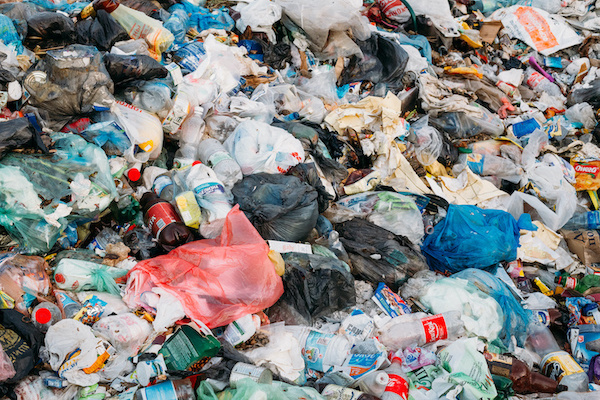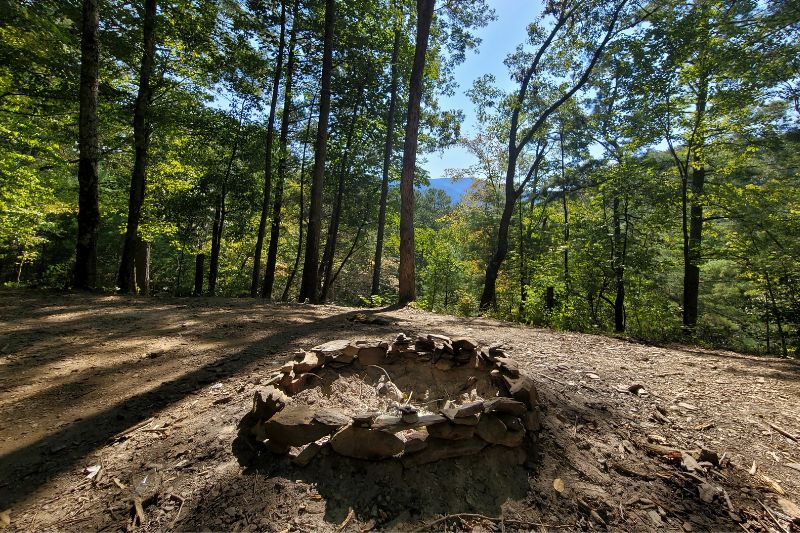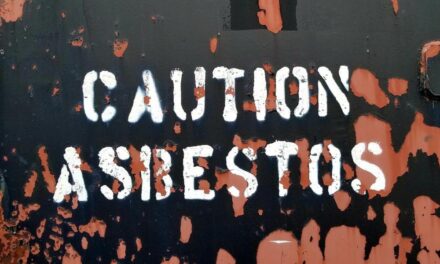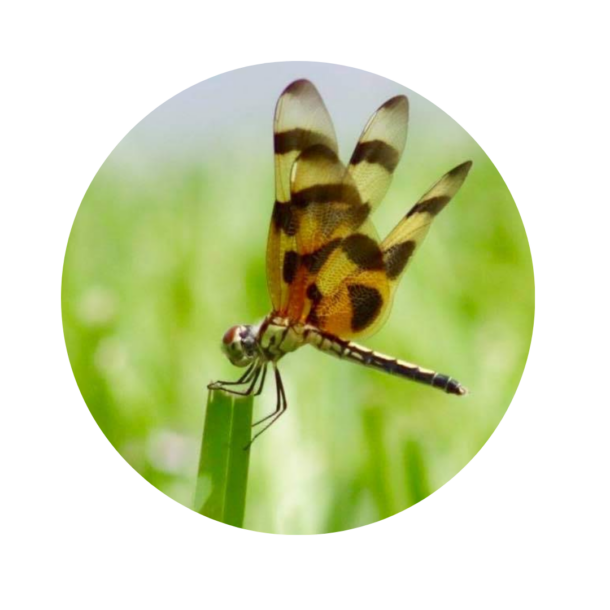The Leave No Trace (LNT) principle brings attention to the conservation, preservation, and protection of our parks and ecosystems.
The Leave No Trace (LNT) idea dates back to the 18th century. This principle has increased in popularity in recent years as we have become more aware of the impending climate disaster Earth is facing.
Since the outbreak of the Covid pandemic, many have found solace in heading outside to release stress, anxiety, and find joy in nature and recreation. It’s a wonderful feeling to experience the natural world around you: crisp air, beautiful vistas, and the quiet humming of wildlife. Excursions are great for our physical and mental well-being, and are an opportunity to reflect and be mindful of the planet that sustains us.
But the peace and wonder we feel can quickly be interrupted by the sight of trash along walking paths. Seeing abandoned trash in natural areas may make us feel frustrated with humanity’s treatment of our planet. We may be concerned about the short- and long-term consequences litter has on our ecosystem.
Refuse Decomposition: A Sobering Reality
Litter decomposes differently depending on the material. Below are a few examples of commonly-abandoned trash and how long they will linger:
- Glass, styrofoam, and tin foil never decompose.
- Plastic can take two to one million years to decompose, depending on its composition.
- Aluminum cans take 80 to 100 years to disintegrate.
- Conventional chewing gum – the world’s second most common form of litter – is not biodegradable. It can take hundreds of years to decompose due to the synthetic plastic polymers used in its creation.
- Animal poop in a knotted bag can take ten to twenty years to decompose.
- Paper products will disintegrate in two to six weeks.
- Fruit and their skins will decompose from six months to two years.
- Rubber tires in a landfill will decompose within fifty to eighty years.

FUN FACT:
You can find gum that is better for the environment and made with natural ingredients. It is similar to what the ancient Mayans made from chicle, a form of rubber that is biodegradable and can disintegrate in two weeks.
There is a way you can help, and it starts with awareness of the Leave No Trace principle.
The Leave No Trace principle is essentially this: take only pictures, leave only footprints. There are seven main tenants of the Leave No Trace principle:
Plan ahead and prepare.
Before you go on an excursion, consider what you need to protect yourself and the place you are visiting. For tips, check out our OPL blogs about Planning for a Successful Outdoor Adventure: What to Wear and What to Pack.
- Select clothing and gear to protect yourself from outdoor elements.
- Avoid traveling alone, as unexpected things can happen.
- Always leave a message with a family member or friend about your outdoor plan, the time you plan to return, and what to do if you do not return as scheduled.
- Carry a lightweight, waterproof tarp or emergency blanket to use as an emergency shelter.
- Carry extra food and water. Trail food such as nuts, dried fruit, dark chocolate, hard salami, and hard cheese cubes are good options to take with you on an excursion.
- Do not take any unnecessary risks, especially if the weather turns foul, daylight is nearing an end, or you or someone in your party becomes ill.
- If you think that you are lost, stay where you are and try to remain calm. Only continue traveling once you know where you are.
- Three of anything (shouts, whistles, flashes of light, etc.) is a standard distress signal. Only use these in emergencies.
Travel and camp on durable surfaces.
Stay on marked trails to prevent unnecessary scarring of the landscape and avoid damaging vegetation, organisms, and waterways. If camping, choose a surface that is durable.
Dispose of waste properly.
Ensure that any waste you generate is carried with you (also referred to as “packing it out”) and deposited in a waste receptacle at the end of your hike.
Leave what you find.
Enjoy the wildflowers, plants, fungi, and trees but do not collect them without permission.
Minimize campfire impact.
Become familiar with fire safety and containment, and ensure that fires are never left unattended.
Respect wildlife.
Quietly view wildlife and birdwatch without disturbing them. You can use the eBird app to help you identify them and help scientists track the habits of these animals. Never feed wildlife.
Be considerate of others.
Refrain from shouting or making loud noises on the trail. Make space for other groups to pass if your party stops to take a break.
As individuals, we can be a part of the Leave No Trace solution by showing respect and care for nature.
We can also educate others on the harmful effects that rubbish has on our health, wildlife, and our environment. Use your knowledge to inspire, educate, and create energy for your own joyful experiences. Share your adventurous journeys with us on the OPL app. We would love to hear about your ventures!










